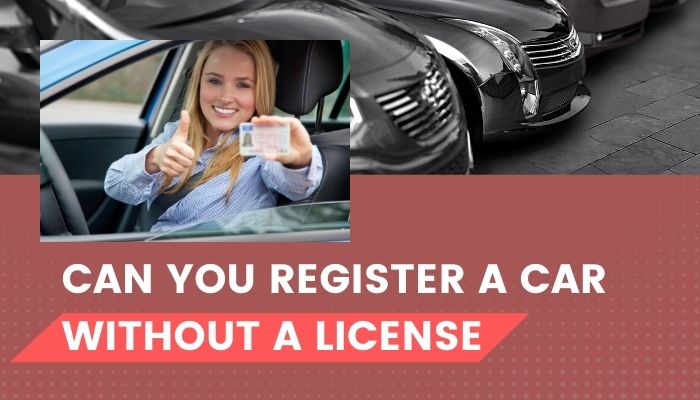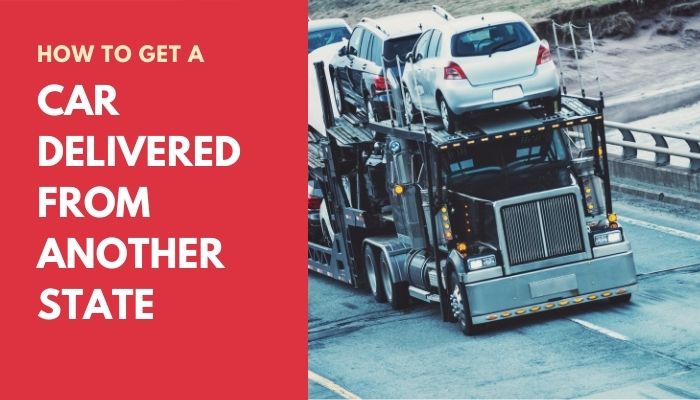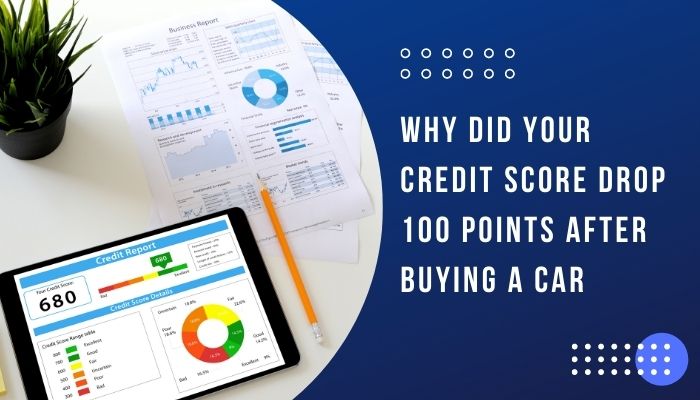How To Buy A Car From A Private Seller Who Has A Loan?
Things might get complicated if you’re buying a used vehicle that was loan funded and the possessor still owes vehicle payments. The seller should settle all loans secured by a lien before obtaining a clear title transferred to you directly. The owner may then complete the ownership transfer after the payment is completed.
To discover whether a vehicle you’re interested in has a serious lien, go to your state’s Department of Motor Vehicles (DMV) website and do a lien search. You will need the vehicle’s Vehicle Identification Number (VIN), which you may obtain from the seller. You have the option of settling the loan in full by writing a personal check to the lender or asking the vendor to pay it off. Below are the specifics of each method for purchasing a used vehicle that has not been paid off:
How To Buy A Car From A Private Seller Who Has A Loan?
1. Request The Seller To Pay Off The Vehicle loan
It’s possible to negotiate a settlement with the seller so that he may get his title and hand it over to you afterward. If the seller doesn’t have the money, he may have to take out a loan, but you’ll require the title if you need the vehicle. If the seller plans to spend your money on the car to pay off the debt, get proper documentation from his lender or bank confirming that the seller fully paid the loan.
2. Accompany The Seller To Pay Off The Lender
You may go with the seller to his creditor to ensure he settles the loan and receives the title. Then, you’ll be confident that the lien is cleared after the lender transfers you the title.
3. Create An Escrow Account For The Car
Escrow service will keep your cash and title while the buyer makes automobile payments when you sell your vehicle to a buyer from a private party. You’ll most likely feel more secure if you follow this technique since the escrow firm operates with the seller’s financial institution to make sure that the debt is paid. After debt payment, escrow gives all the necessary documentation for the car sale.
4. Obtain A Loan To Pay The Lender
You may wish to take a loan and inform the lender that it is to conceal a lien on an automobile if the seller cannot pay off the lien on a vehicle. Your bank or financial institution will handle the paperwork with the lender, which will speed up the process. Remember that obtaining a car loan will create another new loan on the car from your automobile finance firm or bank.
5. Get A Dealer Broker To Handle The Car Sale
A dealer may be willing to buy the car from the seller and sell it to you. The dealer would require an influence of attorney from the seller to work with the purchaser to complete the transaction. Before buying a car, make certain the seller agrees on a price and that the amount the seller is liable for is not part of your agreement.
It would be best to inquire for certification of everything linked to the purchase. You’ll need:
- Bill of sale.
- Title certificate.
- A payment receipt from an auto financing firm showing that the loan has been cleared.
If you require assistance with the procedure, consult your state’s DMV website or contact a local DMV representative. Check out any relevant charges and paperwork so that you’re prepared for anything.
Alternatives To Purchasing A Vehicle With A Loan
If purchasing a vehicle with a loan isn’t your thing, you have alternative options. Below are some other choices for buying a used automobile if purchasing with a loan isn’t ideal:
- Purchase A Certified Pre-Owned Car: Automakers generally conduct a thorough inspection on certified pre-owned automobiles and give buyers an extra warranty. These cars are typically late models, which you can trust because of the manufacturer’s seal of approval and rigorous examination process. If you’re determined to buy from a private seller, this isn’t for you since CPO vehicles are generally only available from dealers. When you acquire a car of this type, you won’t have to worry about any car’s mechanical condition.
- Purchase A Less Popular But Inexpensive Vehicle: You should consider getting a less prevalent car but equal in quality to the most popular vehicles. A domestic automobile, for example, is likely to be comparable in features and quality to a similar international car but might be less expensive.
The Essentials Of Purchasing A Used Vehicle From A Private Seller
When you buy a used vehicle from a dealer or private seller, there is always the potential for danger. However, purchasing from a private party may be more dangerous because you have fewer options if the vehicle turns out to be a wreck. When purchasing an automobile from a private party, you should consider the following:
1 Examine The Benefits And Drawbacks Of Purchasing From A Private Seller
You must assess whether purchasing from a private individual is the appropriate option for you. You can obtain a better price from a private seller than you could from a dealer, but federal and state regulations that administer dealership purchases do not apply to private sales. Make sure that you and the seller follow all of the documentation that comes with buying a car from a private individual:
- Bill of sale.
- Transfer of the car title.
- Fees and taxes.
- Transfer of the car registration.
2 Conduct Your Research
You should conduct thorough research on any private automobile for sale. You have a lot of options which include:
- Edmunds: The website reviews used cars and provide information about comparable automobiles to simplify evaluation shopping.
- Kelley Blue Book: Learn what your dream car is worth based on its condition and specifications.
- Carfax: Fill in the VIN to learn about the vehicle’s past, including accidents, suggesting potential problems.
3 Inspect The Car
Check out the car fully when you visit it in person. First, take the vehicle on a lengthy road test on roads that you normally drive, for instance, the city streets or freeway. After the test, have a local AAA diagnostic center or your mechanic check the vehicle. Inspecting the car will not only provide you a good indication if the automobile is in good working order and if the asking cost is fair, but it will also provide you with the peace of mind that you’re making an excellent car purchase.
How To Sell A Vehicle That Isn’t Yet Paid Off?
Trading a financed vehicle isn’t as simple as selling a car with a clean title, as you must first establish the payoff amount. The payoff amount is the car’s outstanding loan balance.
You may sell the car to a private buyer or dealer. In either scenario, the transaction will be swift if you owe less than the car’s worth. You may also sell the vehicle to another dealership where you want to purchase an automobile. In this situation, you’d delegate power of attorney to the dealer so he may deal directly with the lender regarding the financials. The dealer will settle your loan and reimburse you for any overage above your agreed purchase price.
When you sell a vehicle to a private buyer and still owe money on it, you must notify the buyer of the lien. It would be best to compensate your lender immediately after agreeing with the buyer to transfer ownership to them. Because this process is a complex transaction that will result in the seller assuming full ownership of the property, you may want to utilize an escrow service for added protection. It will be responsible for receiving purchaser payments and keeping the title until the transaction is complete.
Bottom Line
Buying a vehicle from a private seller may entail a lot of effort on your part. However, if you don’t mind spending the time investigating the car, you might be able to save money by going directly to the seller. Take time to research the automobile you’re considering buying, take a test drive, ask many questions concerning the vehicle, and have the car inspected by a mechanic before signing and driving off.




